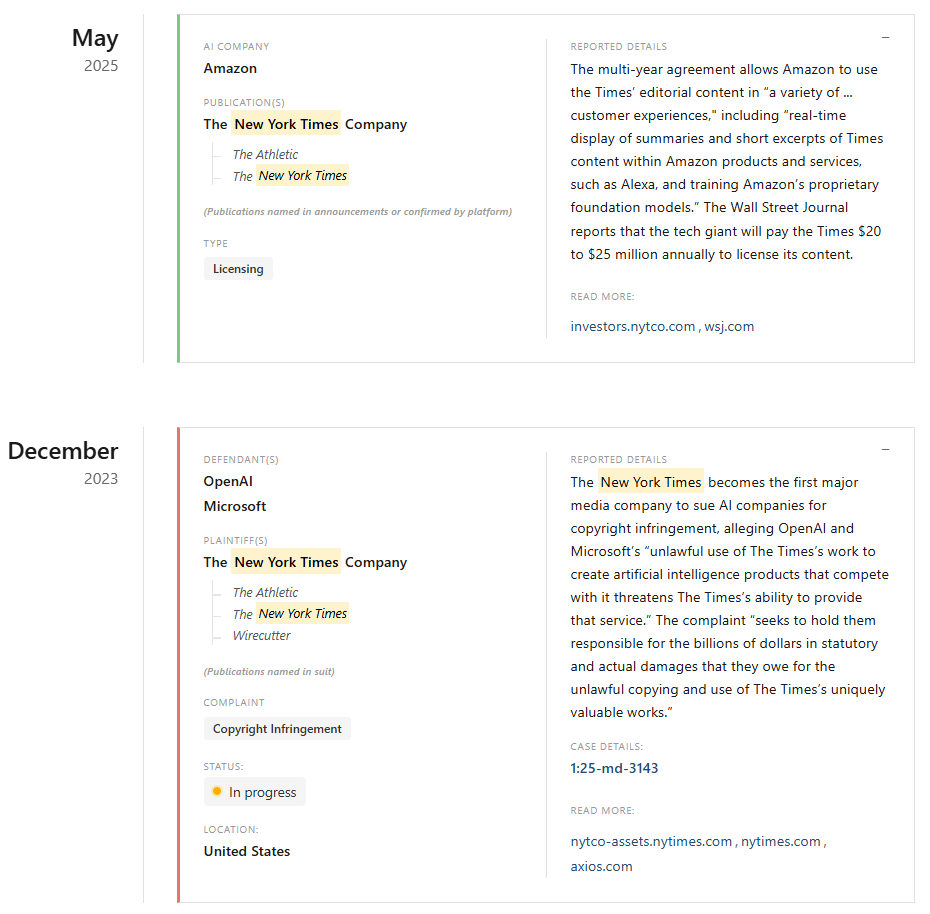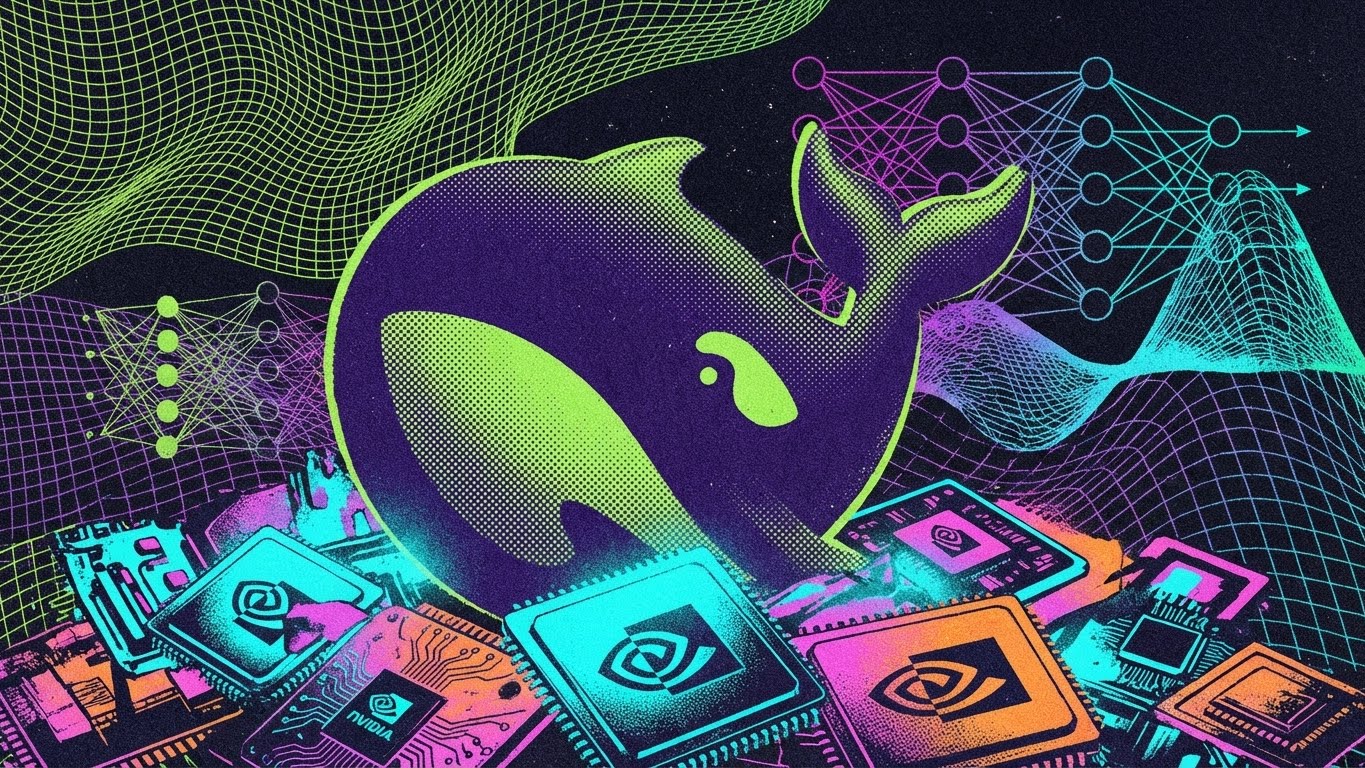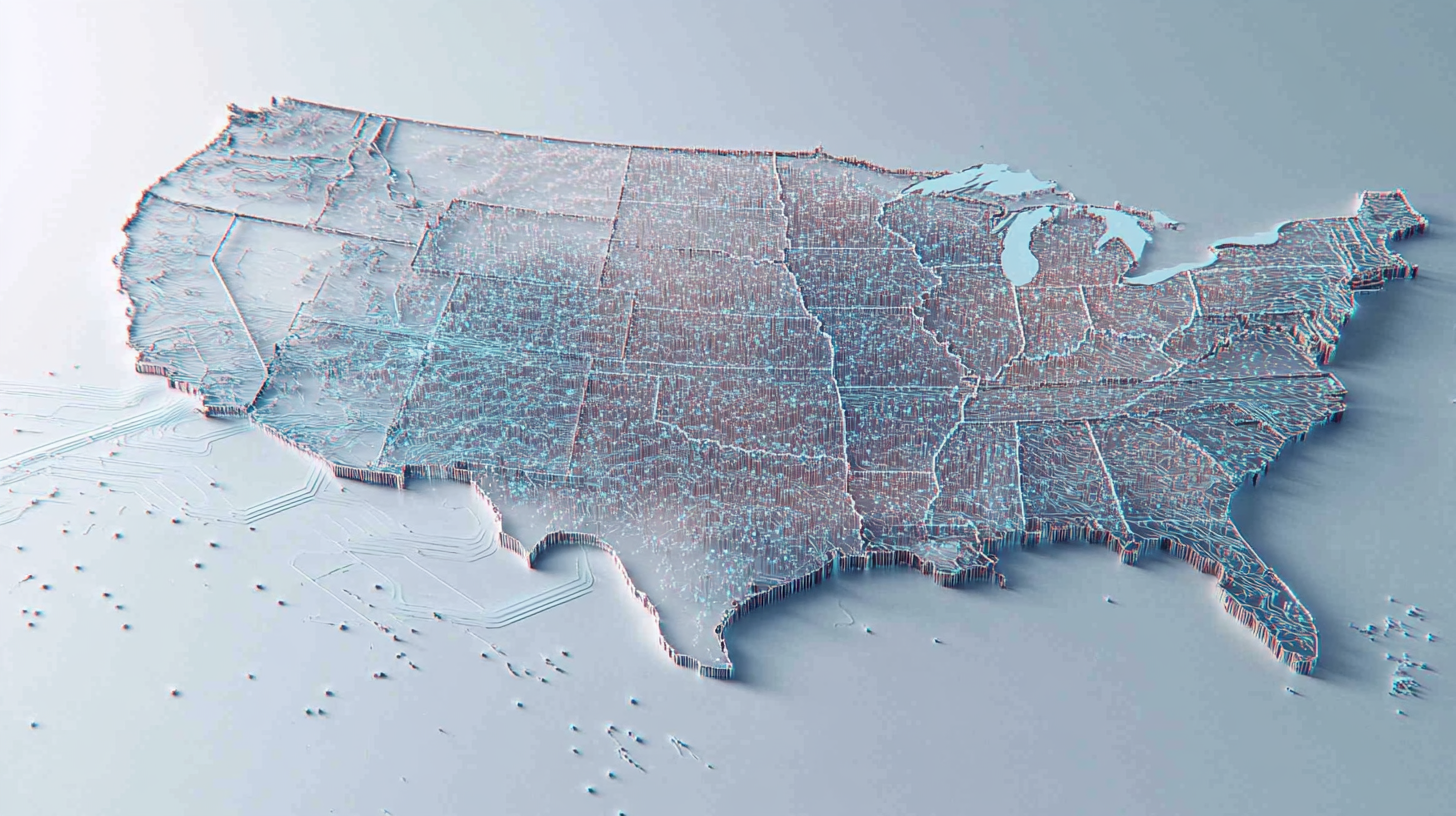The Center for Humane Technology (CHT), a nonprofit organization advocating for ethical technology, has criticized a new executive order from the Trump administration that aims to undermine state AI laws.
According to the CHT, the regulation puts public safety at risk by preventing states from meaningfully regulating AI. At the same time, it offers no national replacement framework, creating what the organization calls a vacuum in accountability.
Americans understand the potential benefits and dangers of this technology. They believe government should help regulate AI, not provide a regulatory shield to an industry that prioritizes growth at any cost. (CHT)
The CHT points to documented AI harms, including deepfakes, fraud, and chatbot-related suicides among young people. Social media already showed what happens when technology goes unregulated, the organization argues. The government should protect the public instead of caving to the tech industry.
Trump argues that varying state regulations are slowing down the industry. AI companies like Anthropic, OpenAI, and Google support national regulation.






